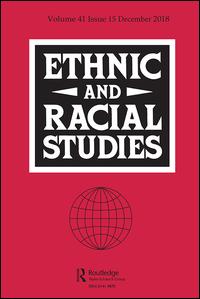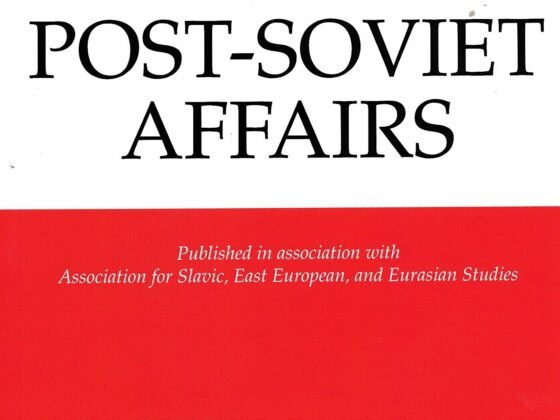(Ethnic and Racial Studies) Abstract: While new regimes often seek legitimation by forging banal ties between state and nation (or “banalization”), there have been few attempts to explain how nationalism becomes banal, to account for variations in the process across different types of regimes, or to establish clear criteria for identifying successes or failures in banalization. This article presents an original theoretical framework for understanding banalization as a social and political process involving attempts to either incentivize or monopolize national expression, depending on the type of political regime. Drawing on interviews and focus groups conducted during 2014–2016, a case study of post-Soviet Russia fleshes out the process and outcomes of banalization across different kinds of regimes from the 1990s to the present. It further suggests the value of examining banalization as a regime process in accounting for the ways that the successes or failures of banalization influence their successors’ pursuit of legitimation.
Read More © Ethnic and Racial Studies











